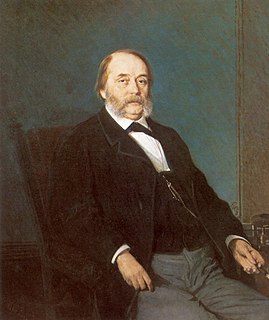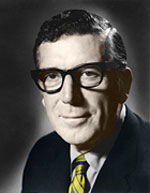A Quote by Neil deGrasse Tyson
As they are currently practiced, there is no common ground between science and religion... Although just as in hostage negotiations, it's probably best to keep both sides talking to each other.
Related Quotes
In the course of a healthy debate, we prioritize different goals, and the different means of reaching them. But without some common baseline of facts, without a willingness to admit new information and concede that your opponent might be making a fair point, and that science and reason matter - then we're going to keep talking past each other, and we'll make common ground and compromise impossible.
Beyond these models of reconciliation, a theology of mysticism provides some hope for common ground between Christianity and Islam. Both religions have within their histories examples of ecstatic union with God, which seem at odds with their own spiritual traditions but have much in common with each other.
I'm not a political person. I don't understand politics, I don't understand the concept of two sides and I think that probably there's good on both sides, bad on both sides, and there's a middle ground, but it never seems to come to the middle ground and it's very frustrating watching it and seemingly we're not moving forward.
As religion is now practiced and science is now practiced, there is no intersection between the two. That is for certain. And it’s not for want of trying. Over the centuries, many people—theologians as well scientists - have tried to explore points of intersection. And anytime anyone has declared that harmony has risen up, it is the consequence of religion acquiescing to scientific discovery. In every single case.
There is some conflict between religion and science in my world, but that's nothing new. Science, at its root, is a rational discipline. Religion, on the other hand, is fundamentally trans-rational. Both of them attempt to solve problems, but since their methodology is vastly different, they can't help but come into conflict.
In all modern history, interference with science in the supposed interest of religion, no matter how conscientious such interference may have been, has resulted in the direst evils both to religion and to science, and invariably; and, on the other hand, all untrammelled scientific investigation, no matter how dangerous to religion some of its stages may have seemed for the time to be, has invariably resulted in the highest good both of religion and of science.
But, you may ask, if the two departments [i.e., federal and state] should claim each the same subject of power, where is the common umpire to decide ultimately between them? In cases of little importance or urgency, the prudence of both parties will keep them aloof from the questionable ground; but if it can neither be avoided nor compromised, a convention of the States must be called to ascribe the doubtful power to that department which they may think best.
D.H. Lawrence, I think, defined the difference between writing an article and writing a novel very well. He said, in writing a novel, the writer must be able to identify emotionally and intellectually with two or three or four contradicting perspectives and give each of them very a convincing voice. It's like playing tennis with yourself and you have to be on both sides of the yard. You have to be on both sides, or all sides if there are more than two sides.
This [the opening of the Vatican City radio station built by Marconi earlier in 1931] was a new demonstration of the harmony between science and religion that each fresh conquest of science ever more luminously confirms, so that one may say that those who speak of the incompatibility of science and religion either make science say that which it never said or make religion say that which it never taught.




































